The Flyfishers’ Journal: Summer 2020
Needless to say, the Covid-19 pandemic has already caused vast disruption to all of our lives this spring and summer – and this includes the life of the Flyfishers’ Club in London, where I’m Editor of the twice-yearly Flyfishers’ Journal.
I know I’m not the only Member of the Club who’s trying to take a pretty scientific and precautionary approach to emerging from lockdown. And, in fact, the Flyfishers’ club rooms on 69 Brook Street in London may actually remain shut for the rest of this calendar year.
But enforced physical distancing can give us a whole new appreciation of the close connections and friendships that flyfishing brings us, and I’d like to think that this issue of the Journal will help to strengthen some of these bonds. Getting to know fellow anglers from other parts of the world, even if only from their writing and photographs, broadens our own horizons – comparing techniques, and absorbing new approaches and old traditions.
So, in this Summer 2020 issue of the Journal, we’ve got Uffe Westerberg and Neil Patterson reflecting on some of the connections forged by Oliver Kite between Denmark and the English chalkstreams. Bob Bradley contrasts US and UK flyfishing histories, Greg Belcamino learns from jig-nymphing Europeans to refine his north American streamer-fishing skills, and Peter McLeod introduces his children to the joys of international fishing travel as a family. And all of this makes it even more intriguing that my Wild Trout Trust urban river mending colleague Paul Gaskell, after years of researching every last detail of the tradition of tenkara in the mountains of Japan, has now come home and filled his fly boxes with patterns from a 19th century flyfisher in Devon…
Last but not least: towards the end of last year, I was highly honoured to be invited to serve as one of the judges for the first Prix Charles Ritz to be awarded in the UK. From a very strong field of entries, this important international conservation prize was eventually won by the Don Catchment Rivers Trust for their astonishingly successful and wide-ranging work involving local communities in the Living Heritage of the River Don project.
As you might imagine, this confluence of different interests seemed far too good an opportunity to miss, and I’m delighted that I’ve managed to persuade DCRT’s chairman David Rowley to write it up as the ‘good cause’ article for this issue of the Journal.
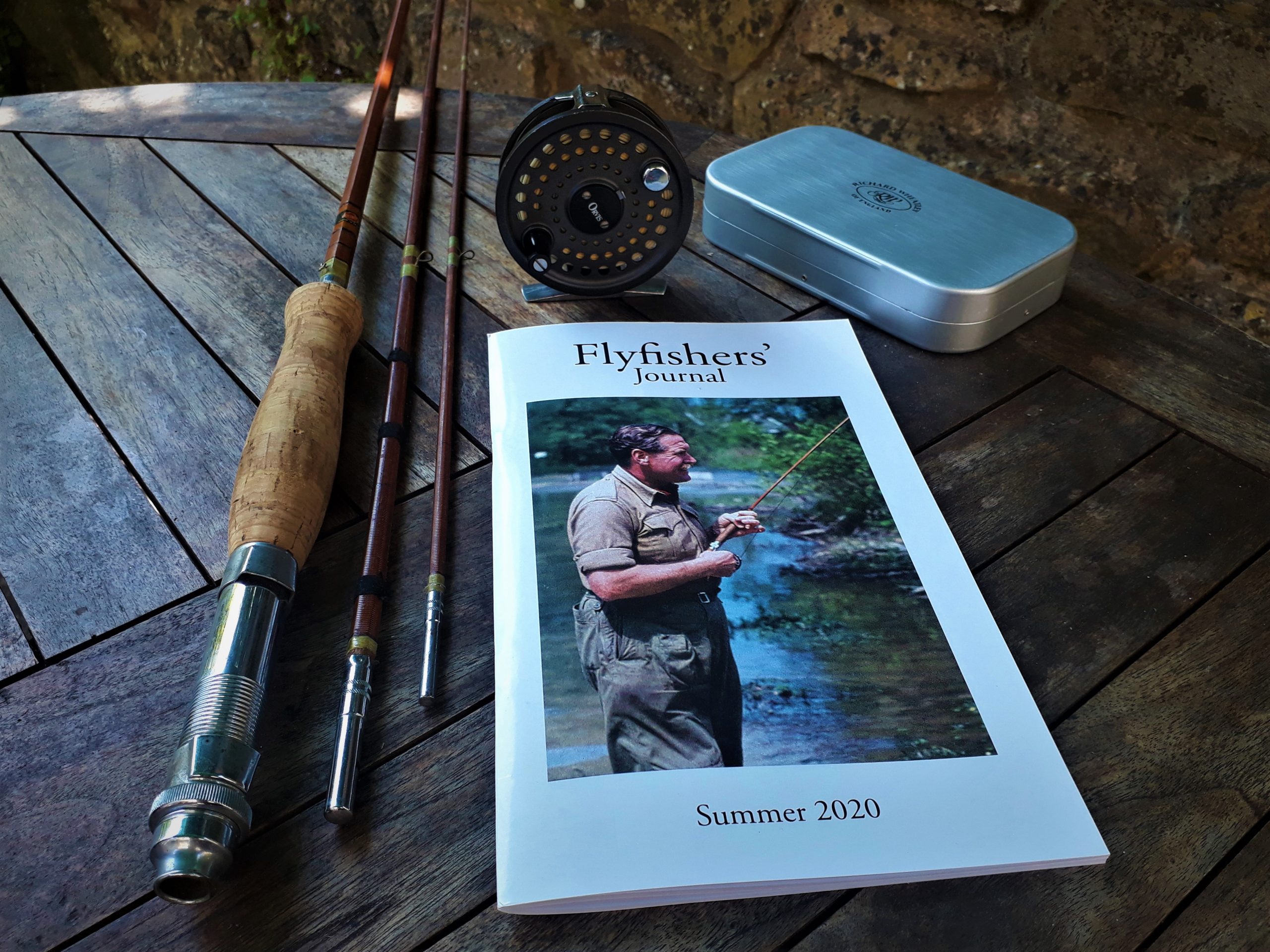
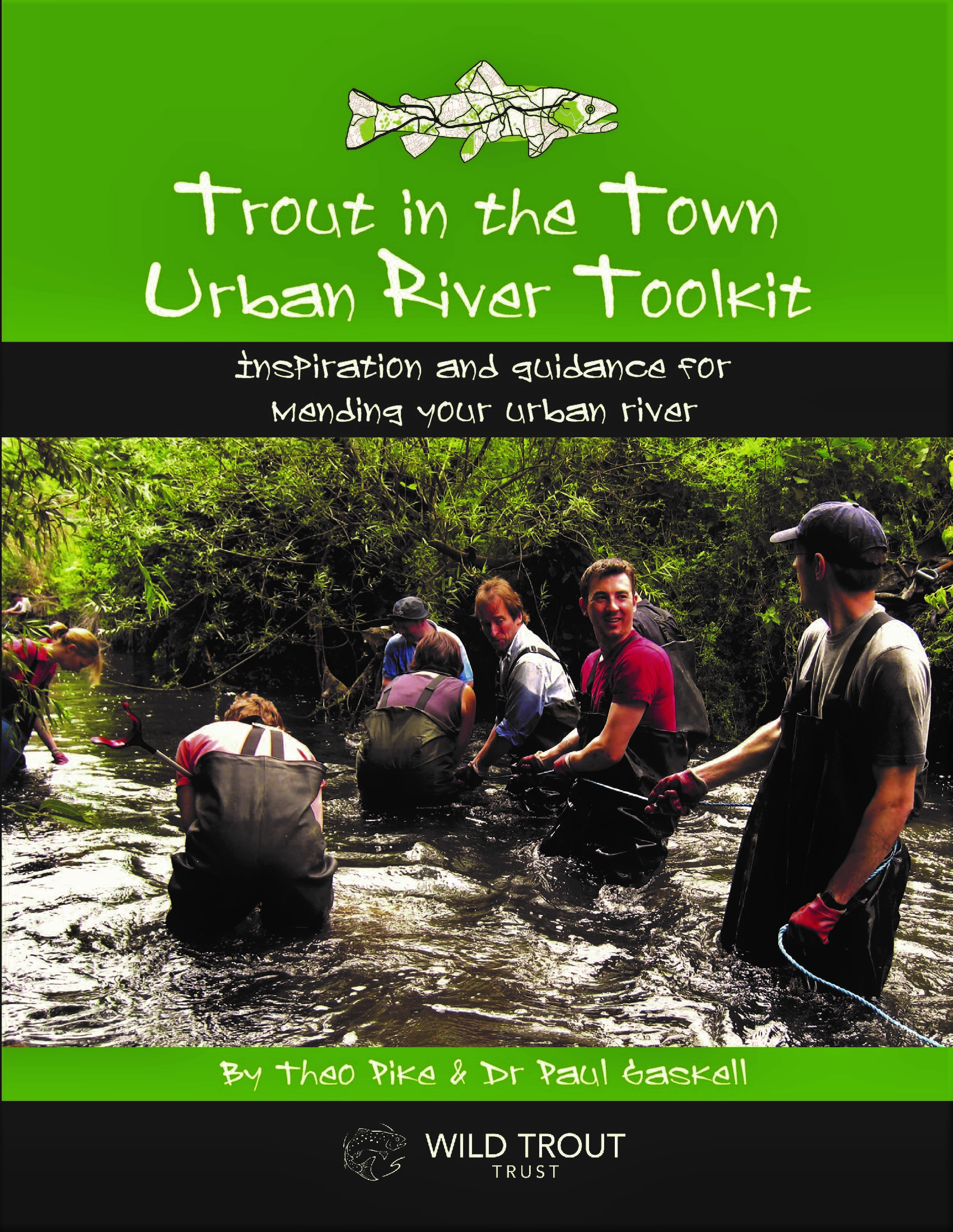
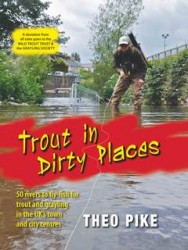
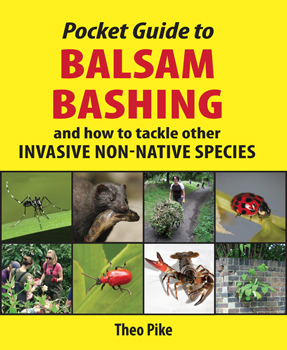
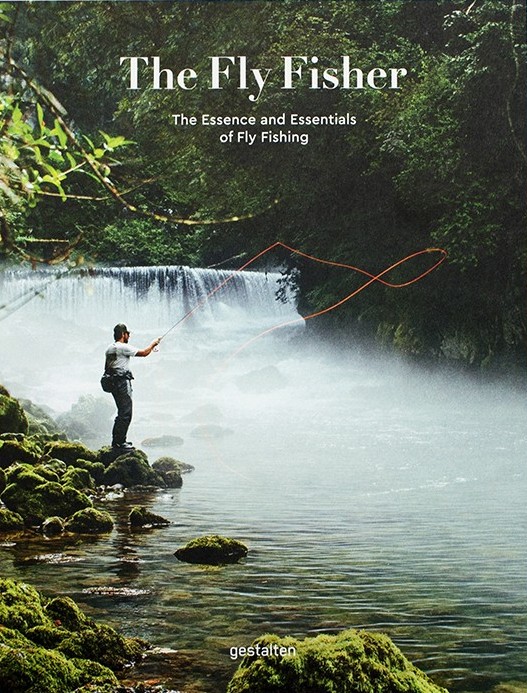
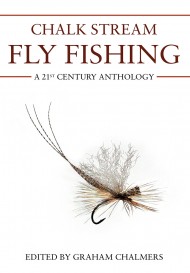
Leave a Reply